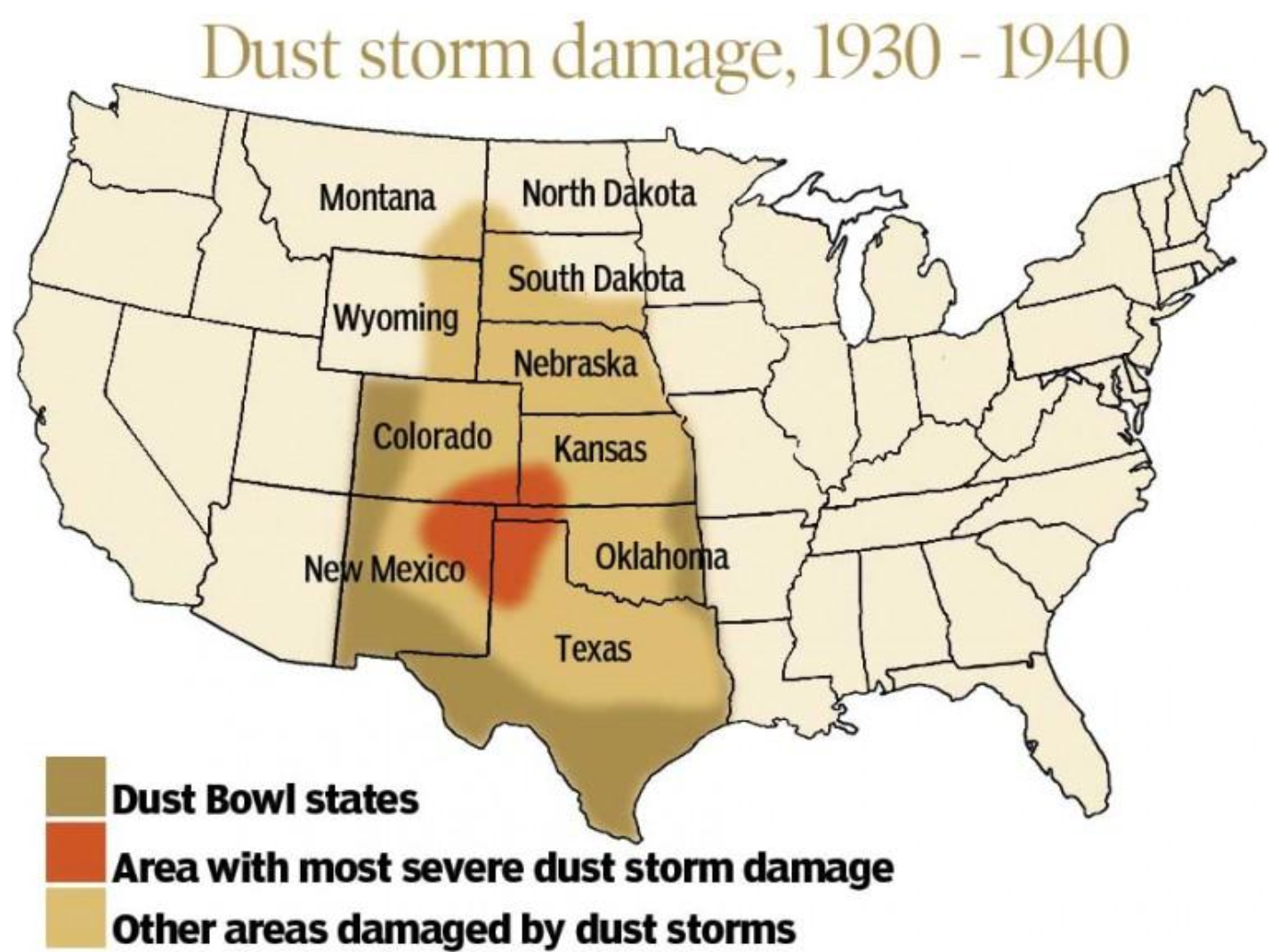1. Langston Hughes's poem (anthology, p. 125) talks to the mobility heritage of the Africans and African-Americans. Studying a little about Hughes's biography, why does he refer the specific rivers in the poem? To what moment does the recollection of the Mississippi belong to in History and how does the poet's description of this moment impact on you?
2. Born in Missouri, Hughes is himself a product of the migration North, or internal disapora, referred to by bell hooks in the excerpt of pp. 125-127. According to hooks, how did the "great migration" impact the psyche of black people who moved from the rural South to the industrial North at the turn of the 20th century?


1. I think Langstone Hughes mentions these rivers (the Euphrates, the Congo, the Nile and the Mississippi) because they all symbolize important moments in the history of African people. In fact, even when he says in the poem “I” it seems like he is talking not about himself, but from African peoples all together. He is talking about the Euphrates because it is one of the rivers where ancient civilisations get started; the Congo represents African nature; the Nile and the pyramids: Hughes is speaking proudly about them because Africa gave to the world the great civilization. Finally, the Mississippi: it is about the trip of Lincoln near the river when he saw the terrifying reality of slavery and it influenced his following fight against it. The author describes “its moody bosom turn all golden in the sunset”, creating the meaning of hope for changes.
ReplyDelete2. The migration of Black people to the North had different consequences for them:
ReplyDeleteFirst, the rupture of their connection with nature. The land had always been a source of strength and a place of tranquility for them, and with immigration, this connection was lost. Secondly, a change in the perception of their bodies: in the South, working the land, they felt their physical strength, but in the North, their bodies were seen as machines, tools for factory work. Thirdly, their attitude towards racism: they moved to the North in search of a better life, believing that racism did not exist there. Unfortunately, this was a great misconception, and as a result, it also affected their psychological state. Thus, the move to the North led to a break with traditional agrarian life, with society and nature, leading to depression, feelings of loss, and nostalgia.
1. He stablished connections with the Mississippi river having in consideration that :
ReplyDeleteThe Euphrates and Nile represent the origins of civilization in Africa and the Middle East, showing that Black people have roots in the beginning of human history. The Congo connects to African identity and ancestry. But the Mississippi River is particularly powerful: it evokes the history of slavery in the American South, especially how enslaved Africans were transported, sold, and forced to labor along its banks.
Langston Hughes refers to rivers like the Euphrates, Congo, Nile, and Mississippi to connect the heritage of African and African-American people to a long, global history of movement, civilization, and resilience. These rivers symbolize deep roots and enduring strength. Hughes, who traveled widely and embraced Black identity and pride, uses these rivers to show how African-Americans are part of a much older human story.
ReplyDeleteThe Mississippi refers to the time of slavery in America, especially when a Black man was lynched or beaten, and his blood “turned golden in the sunset.” This powerful image connects suffering and beauty, turning pain into a moment of historical reflection. It impacts the reader by showing that African-American history is both tragic and deeply dignified, tied to the world’s oldest human experiences.